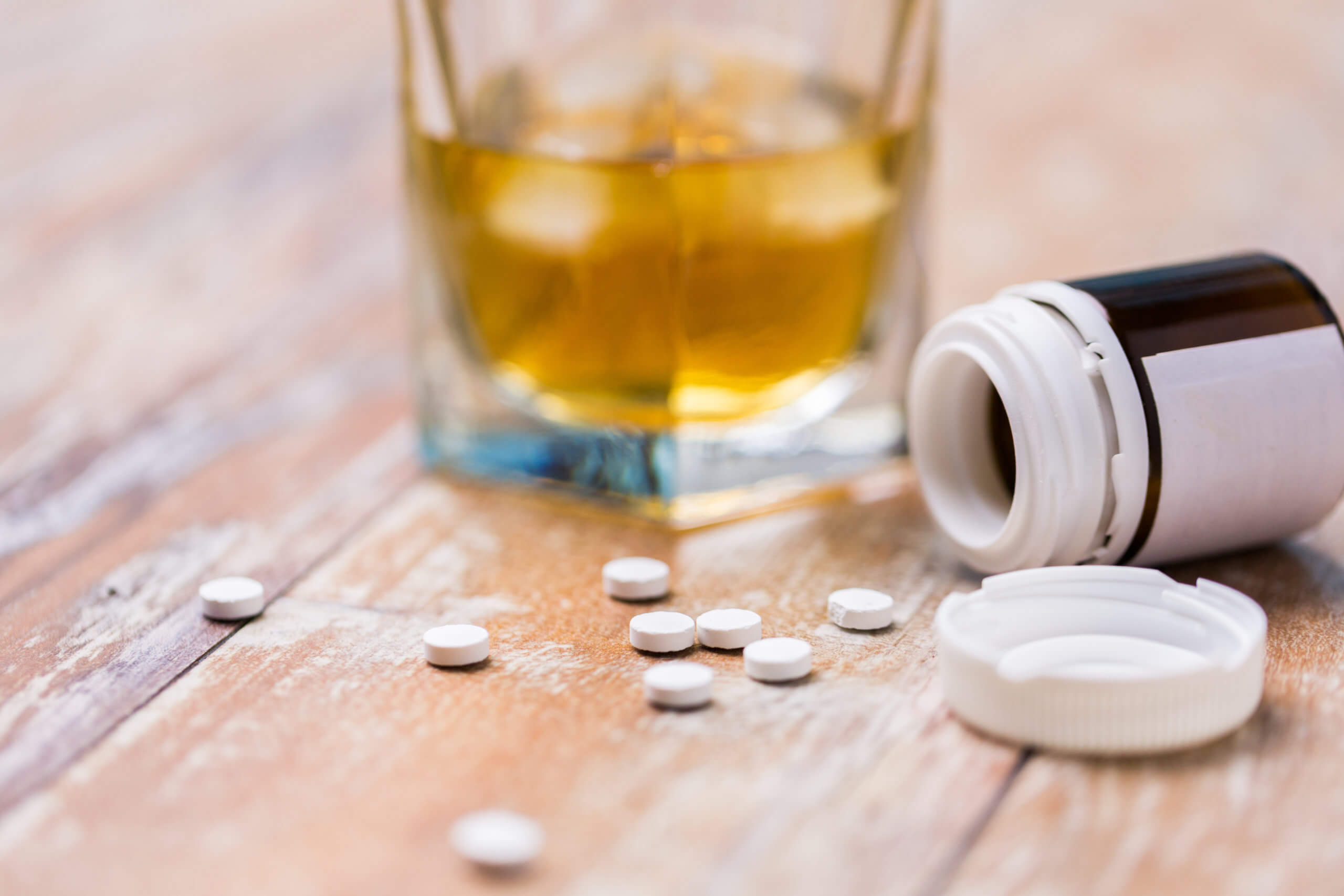Alcohol is easily one of the mostly widely abused mind-altering substances in the world. In fact, alcohol is consumed so regularly in America that the current rate of consumption is 2.38 gallons of alcohol per capita. More than 20 million Americans are addicted to alcohol. However, many of them are not solely hooked on that particular substance. Many alcoholics also abuse other mind-altering substances. One of the most common types of polysubstance abuse includes alcohol and the prescription medication gabapentin. Unfortunately, there are several side effects of gabapentin and alcohol when abused at the same time.
What is Gabapentin?
Before we get into the side effects of combining gabapentin and alcohol, it is important to first understand what gabapentin is. While most of us are aware of what alcohol is and what it does to the body, there is not the same familiarity surrounding gabapentin. Gabapentin is an anticonvulsant medication that is most commonly used to treat seizures caused by epilepsy. It is also used to treat pain associated with contracting shingles, nerve pain caused by diabetes, and even restless leg syndrome.
The way gabapentin works is by changing the amount of GABA that is being produced in the brain. GABA, which stands for gamma-aminobutryic acid, helps control activity in the nervous system. Individuals who suffer from conditions like nerve pain can benefit from the controlled use of gabapentin. This being an effort to balance the GABA being produced in their brain. Once that happens, symptoms associated with the nerve pain will be decreased or eliminated.
While gabapentin has a significant medical purpose, it is also a medication that can be abused. Using gabapentin in any manner outside of prescribed guidelines can be dangerous. It can lead to the development of a substance use disorder. This is especially true when combined with other substances like alcohol.
Side Effects of Gabapentin and Alcohol
Abusing gabapentin on its own can produce a number of dangerous side effects. When it is abused alongside of alcohol, the side effects can increase both in number and in intensity.
Stronger effects
Gabapentin and alcohol, when combined, can make the effects of both substances stronger. This means that typical side effects of each substance (such as drowsiness with gabapentin and lower inhibitions with alcohol) can become intensified. This can cause a person to get high faster and harder, which can be dangerous both physically and psychologically.
Extreme drowsiness
Gabapentin interacts with the nervous system, as does alcohol. When both substances are being abused simultaneously, the user can fall into an extreme state of drowsiness. This means that they could be nodding off mid-conversation, falling asleep while driving, or passing out in a public place. Because the decision-making abilities are not there while under the influence, this specific side effect can leave individuals vulnerable to hurt themselves or others or be taken advantage of by someone else.
Mood swings
Mood swings are not uncommon in those who abuse gabapentin and alcohol, especially in those who have underlying mental health conditions. The ups and downs produced by getting high off gabapentin and drunk off alcohol can lead to these changes in mood. For example, someone may begin acting depressed when sobering up from gabapentin and alcohol, or someone may seem more excitable and active when they first start feeling the effects of their substance abuse.
Poor cognitive function
Being under the influence of any substance impedes on one’s ability to maintain good cognitive functioning skills. One of the most common side effects of this particular combination of substances is poor cognitive function. This means that it becomes difficult (if not impossible) to reason, make good decisions, utilize the five senses, etc. This is dangerous because it can cause the user and others to get hurt.
Respiratory depression and/or failure
Both gabapentin and alcohol produce depressant effects on the body. Each medication on its own can slow one’s breathing rate. When too much of even just one of these substances is abused, it can produce respiratory distress (being unable to fully breathe) and/or respiratory failure (inability to breathe at all). But, when both substances are combined, the risk for this occurring becomes much greater. In addition, the potential of overdosing in this manner increases.
Even though many people do it, it is never a good idea to abuse drugs or alcohol in any manner, especially at the same time. Doing so can produce these and other effects that can cost someone their lives.
Drug Rehab in Colorado
If you or someone you love is struggling with a substance use disorder or a substance abuse problem, do not hesitate to reach out to us right now. At Continuum Recovery of Colorado, our compassionate admissions specialists can help walk you through the process of getting help as well as answer all of your questions.
Wait no more. Call us today.



